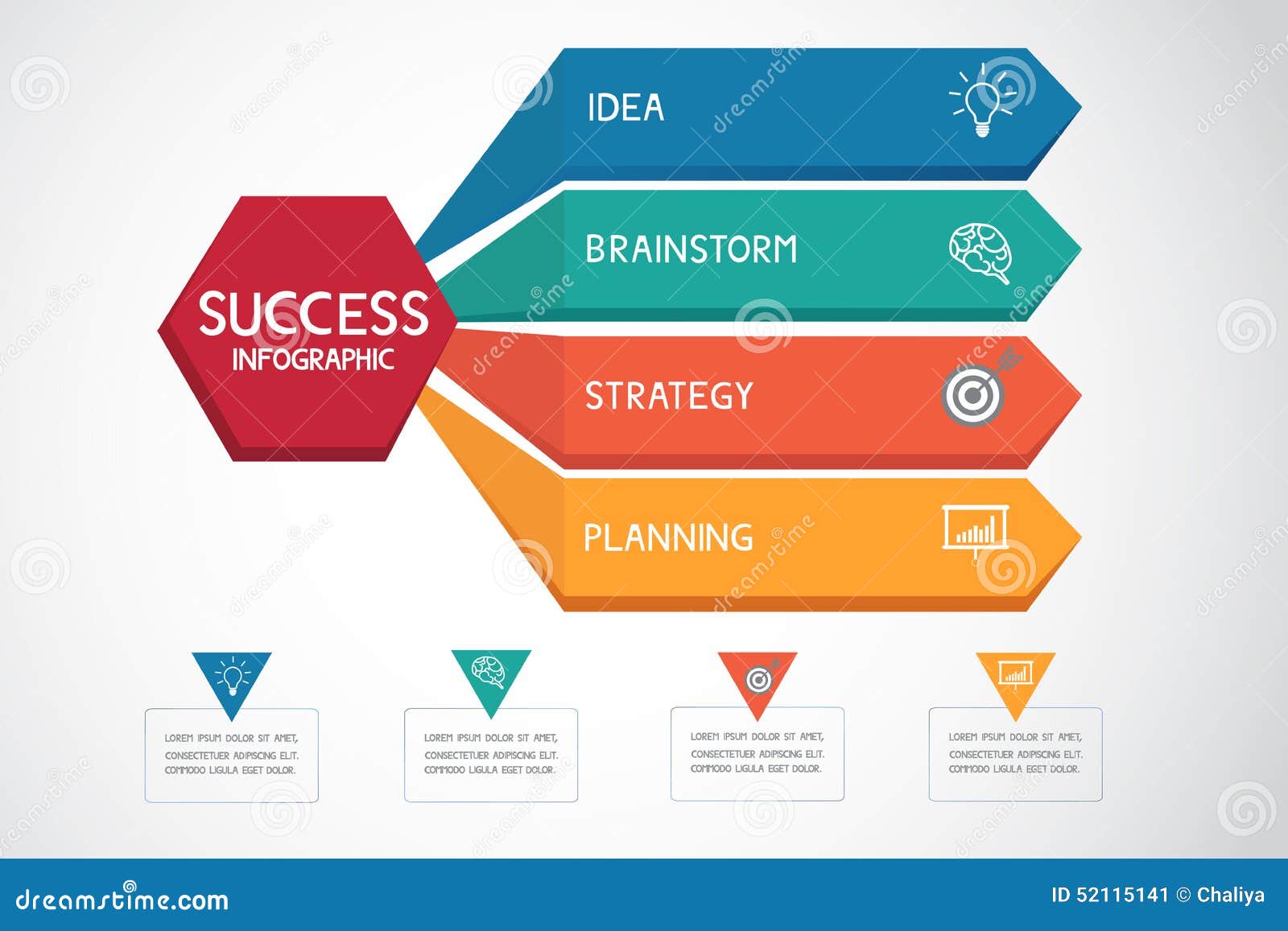Methods For Enhancing Web Site Performance And Lots Times Through Web Hosting Carriers
Methods For Enhancing Web Site Performance And Lots Times Through Web Hosting Carriers
Blog Article
Content Writer-Bush Munn
They state 'time is money,' and in the world of website organizing, this could not be much more real.
When it involves your web site's rate and performance, every second counts. Sluggish filling times can discourage customers and drive them away, leading to shed chances and possible revenue.
Yet fear not, there are optimize your website for google search to improve your web site's rate and performance with web hosting. In this conversation, we will certainly explore some beneficial tips and methods that will certainly aid you maximize your internet site's efficiency and maintain your visitors engaged.
So, twist up and prepare yourself to open the tricks of a lightning-fast site!
Picking the Right Web Hosting Company
When it pertains to improving your website rate and performance, selecting the ideal webhosting service provider is critical. A good web hosting service provider can significantly affect the filling rate, uptime, and overall efficiency of your site.
To guarantee you make the appropriate choice, think about aspects such as web server area, web server sources, and client assistance. Select a provider that has web servers located near to your target audience to lower latency and enhance filling times.
In addition, examine the web server resources used, such as RAM, CPU, and storage, to ensure they meet your web site's demands.
Last but not least, trusted and receptive consumer assistance is crucial for dealing with any technological issues without delay.
Optimizing Web Site Caching and Compression
To optimize site caching and compression, think about implementing reliable techniques to boost packing times and reduce documents dimensions. Here are three means to attain this:
- ** Take advantage of internet browser caching **: Establish the expiry header for fixed files to encourage web browsers to cache them. This way, visitors don't require to download and install the exact same data continuously, causing faster web page lots.
- ** Enable Gzip compression **: Compressing your site's documents reduces their size, permitting them to be sent more quickly to visitors' internet browsers. Enable Gzip compression on your web server to accomplish this, efficiently reducing lots times.
- ** Utilize CDN solutions **: Material Distribution Networks (CDNs) keep your website's static data on numerous web servers worldwide. By utilizing a CDN, visitors can access these files from the server local to them, lowering latency and improving loading rates.
Decreasing Server Feedback Time
Take into consideration carrying out approaches to minimize server action time in order to boost web site speed and performance.
Server reaction time describes the quantity of time it takes for a server to react to a request from a customer's browser. A slow-moving web server reaction time can substantially affect the general speed and efficiency of your internet site, resulting in a bad user experience and prospective loss of site visitors.
To decrease web server response time, you can begin by enhancing your internet site's code and data source questions to ensure they're reliable and streamlined. Additionally, choosing https://publicistpaper.com/the-ppc-cheat-sheet-for-dentists/ and high-performance host service provider can make a significant distinction in lowering server feedback time.
Ultimately, implementing caching and web content delivery networks (CDNs) can aid disperse the load and boost feedback times for individuals situated in various areas.
Final thought
On the whole, by selecting a trustworthy web hosting provider, maximizing caching and compression, and minimizing server response time, you can boost your internet site's rate and performance.
Think of it as a well-oiled equipment, with each element working flawlessly with each other to provide a smooth and efficient user experience.
So, don't overlook the relevance of host when it concerns improving your website's performance-- it's the engine that keeps things running smoothly.
